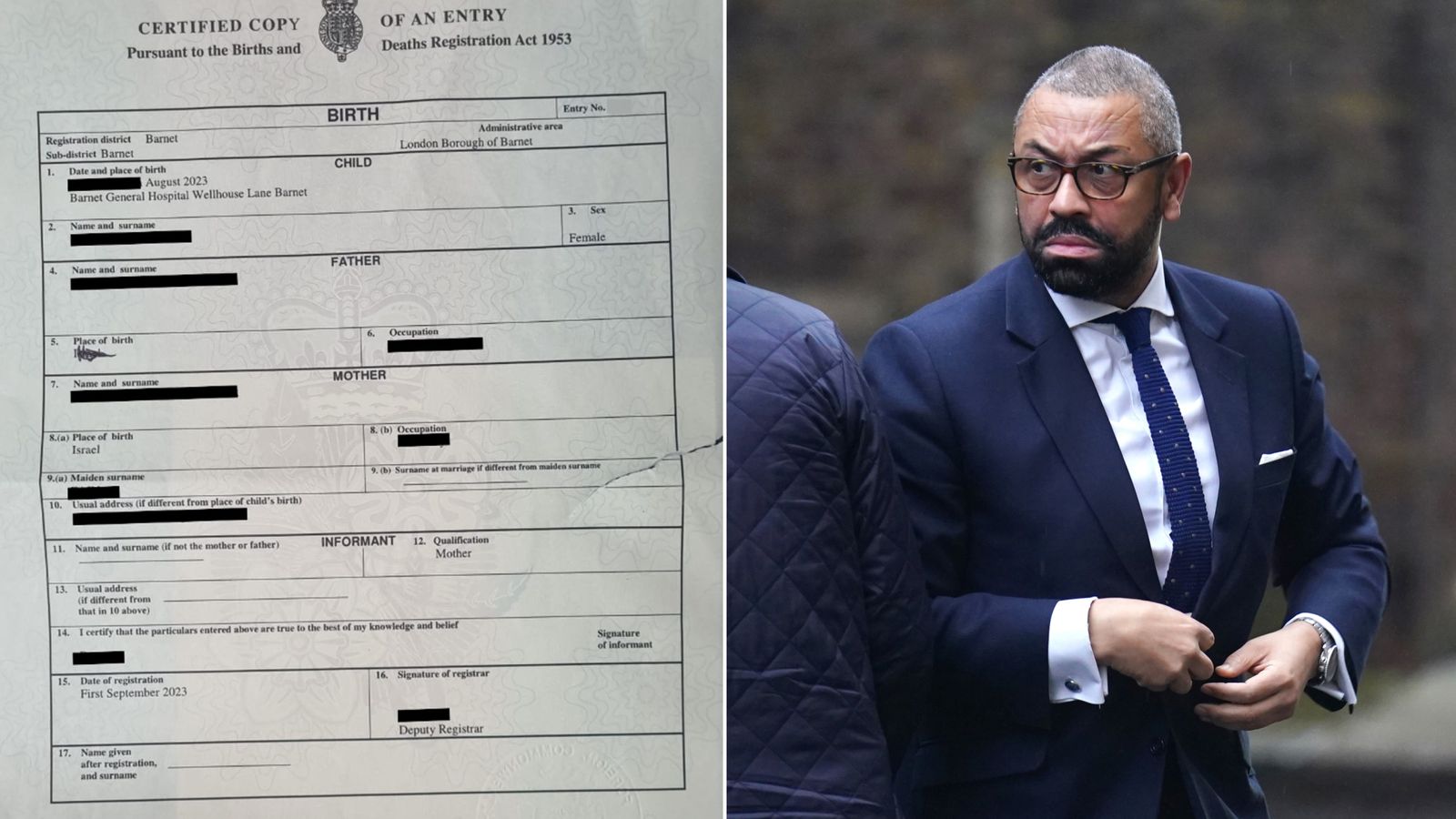Introducing mandatory minimum levels of service during strikes will protect people’s lives while respecting workers’ rights to walk out, the business secretary has said.
Grant Shapps told Sky News the anti-strikes bill he will introduce to parliament today will ensure there is no longer a “postcode lottery” as workers take action.
The bill, if it gets made into law, will mean some trade union members would be required to continue working during a strike.
Unions have said it is “an attack on the right to strike” and Labour said it would repeal it as it warned the legislation could result in NHS staff being sacked.
Mr Shapps told Sky News’ Kay Burley at Breakfast: “It works in places like France and Italy and Spain, Germany, other places have minimum service or in some cases with the NHS safety type levels, which mean that if you call an ambulance, for example, you know that it will turn up if it’s a heart attack or stroke.”
He said during the nurses’ strikes before Christmas they agreed on a national level of service so there was a “guarantee” those most in need would be served by nurses.
The ambulance unions only agreed that on local levels, however, so there was a “regional or postcode lottery”, he said.
“That’s the thing we want to avoid,” he said.
“And that’s why today I’ll introduce a minimum safety levels and service levels for key public services to make sure that we don’t end up in a situation where people’s lives are put at risk whilst still respecting the right to withdraw labour and strike.”
Labour’s shadow work and pensions secretary Jonathan Ashworth said he thinks the legislation is “unworkable”.
“The government are effectively saying if you exercise your right to industrial action, if you exercise your right to withdraw your labour because your pay is too low then they’re going to sack you – they’re going to sack a nurse,” he told Sky News.
Mr Shapps’ bill is being introduced the day before ambulance workers who are members of the GMB and Unison unions go on strike after talks with the health secretary broke down on Monday.
Ambulance workers from Unison and Unite are set to strike again on 23 January, while nurses with the Royal College of Nursing union have said they will strike on 18 and 19 January.
The Conservative’s 2019 election manifesto already promised a minimum service law for public transport, with a bill introduced to parliament in October.
Now, the government wants to extend that requirement to five other areas – the NHS, education, fire and rescue, border security and nuclear decommissioning.
Under the law, employers could issue a “work notice” laying out the workforce they need so employees on the list would lose their right to protection from unfair dismissal if they went on strike.
Consultations over what exactly the minimum levels would be are set to begin soon.




